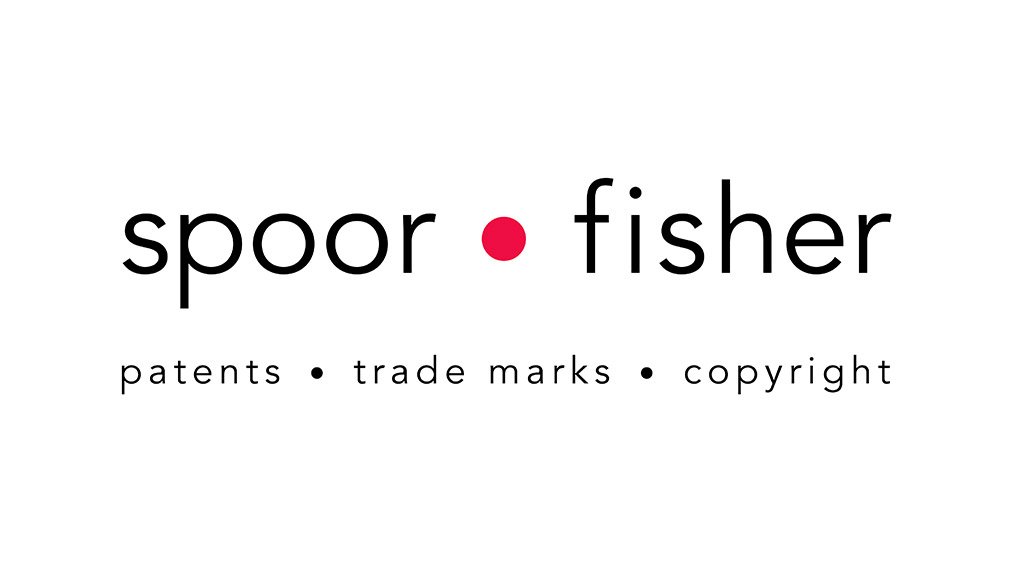It was the Roman Statesman, Marcus Tullius Cicero who first used the phrase: Silent enim lēgēs inter arma – In times of war, the law falls silent. These words may still ring true today as the world witnesses the horrifying effects of wars in our time, and the appropriation of property that accompanies them.
The impact of war can extend to intellectual property, as in Russia’s invasion of Ukraine, where the IP rights of global brands are becoming casualties of the conflict.
Since Russia invaded Ukraine in February 2022, sanctions have been imposed and many major corporations and some of the world’s top brands have pulled out of Russia. These include fossil fuel companies (BP), vehicle manufacturers (Boeing, Airbus, Ford Motor Company, Toyota, Volkswagen) consumer goods companies (Disney, Adidas, Carlsberg, H&M) food and beverage brands (McDonald’s, Coca-Cola, Pepsi, Starbucks) and many other global entities such as Pricewaterhouse Coopers, Visa Mastercard, Netflix, Apple, Google, Meta (Facebook) and TikTok.
As tensions between the Western World and Russia escalated, the Russian Government, in March 2022, issued a decree implementing drastic changes to the compensation structure for the use of patented inventions. According to the decree, owners from ‘unfriendly countries’ of Russian patents, utility models or industrial designs are no longer entitled to any compensation, because of the unauthorized use of any of these intellectual property rights by entities in Russia. The Russian government has allowed royalty-free compulsory licensing.
It is not entirely uncommon during times of emergency for governments to adopt or amend legislation which inhibits certain rights or even automatically transfer certain rights to the State. However, by adopting this decree, Russia went much further - effectively permitting unrestricted infringement of the patents of owners from ‘unfriendly countries.’ Owners of medical, scientific, software and high-tech inventions will most likely be affected by this policy.
The list of ‘unfriendly countries’ includes all European Union member states and, among others, Australia, Great Britain, Canada, the United States of America, Taiwan, and Japan.
To date, none of the ‘unfriendly countries’ have retaliated by adopting a similar approach towards Russian intellectual property owners, although, the European Patent Office (EPO) as well as the United States Patent and Trade Mark Office (USPTO) terminated their co-operation with the Russian Intellectual Property Office (Rospatent). Several high-profile intellectual property law firms have also announced the closure of their Russian-based branches.
After this decree came into force, foreign IP rights holders were dealt a further blow as the Russian government passed another law allowing the government to exempt certain goods from intellectual property law protection. The scope of the new law is much broader as it extends to all forms of intellectual property. The list of goods which the government intends to exempt, is yet to be specified. Even in the early days, there is little doubt that Russian entrepreneurs will seize the opportunity to capitalize on the piracy and infringement of major brands.
The attitude of Russian courts to the infringement of IP owned by ‘unfriendly’ foreigners is evident from the dismissal of a matter brought by Entertainment One (UK) Limited seeking compensation based on the infringement of its trade marks and copyright in the multi-billion dollar cartoon franchise, Peppa Pig. While this was a very small matter before the court which ordinarily would pass by unnoticed and unreported, it was the rationale used by the presiding officer that sparked international interest in the matter. The court referred to the Order of the President no. 79 “On application of special economic measures related to unfriendly actions of USA and adjoined foreign countries and international organizations” and article 10 of the Russian Civil Code, which generally prohibits abuses of IP rights. The court concluded that the rights holder’s claim constituted an abuse of rights and dismissed the claim on these grounds. The message is clear: the intellectual property rights of owners from ‘unfriendly countries’ are no longer respected in Russia.
The selective enforcement of rights based on the nationality of the rights holder, is unprecedented and certainly in conflict with the principle of equal and non-discriminatory treatment of nationals of member states, entrenched in international treaties on IP (including the Trade Related Aspects of Intellectual Property Rights (TRIPS) Agreement).
In times like this it is understandable for rights to be limited in a fair manner to support the economy and the welfare of citizens, however the outright violation of international rights is neither fair nor rational.
Written by Pieter Delport Associate, and Juli Hopf, Partner, Spoor & Fisher
EMAIL THIS ARTICLE SAVE THIS ARTICLE ARTICLE ENQUIRY
To subscribe email subscriptions@creamermedia.co.za or click here
To advertise email advertising@creamermedia.co.za or click here











